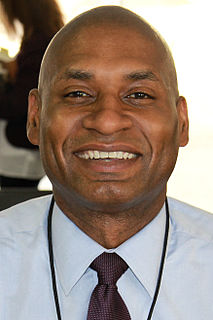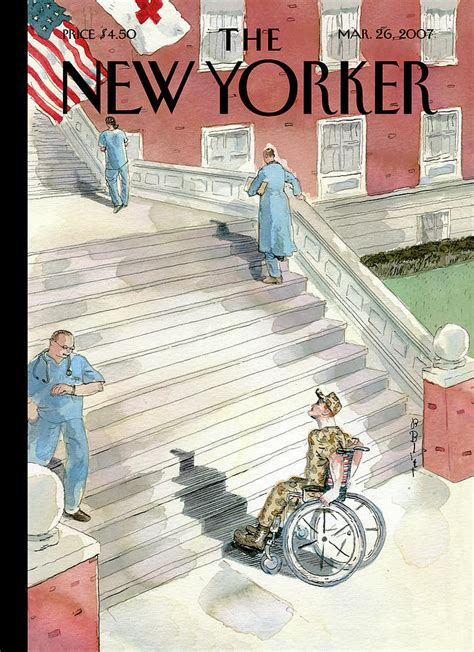A Quote by Charles M. Blow
All identity labels are umbrella terms to some degree, but this term 'bisexual' is not only serviceable, but it is sufficient. And yes, it brings together a bunch of people who are maybe shades different from one another. And maybe that's the beauty of labels: that they force you to be with other people and see the difference.
Related Quotes
I'm not thinking about the next record really yet. I kind of want to do a bunch of stuff with Jonathan Zawada, the guy who did the album art. I'd like to do some crazy art installations and design some weird synthesizers and work with other people and make some fun stuff for a bit. Maybe tap into virtual reality stuff or maybe write another record.
I'm, like, not overly into labels. I've been referred to that way, but I tend to think of political cartoonists as constantly at it, producing more work than I do. I do, what, six or eight covers a year, maybe, and a bunch of illustrations as well, but how many do you create a year? I'm in awe of that, and I think the term implies being at it every day or at least weekly.
There's definitely some sort of dissent brewing between record labels, publishing companies and artists [about the compensation they get from streaming services] Spotify is returning a HUGE amount of money [to the record labels]. If we continue growing at our current rate in terms of subscriptions and downloads, we'll overtake iTunes in terms of contributions to the recorded music business in under two years.































